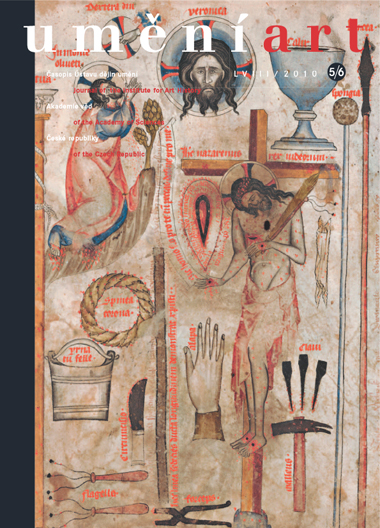Jonathan Blower
Max Dvořák, Franz Ferdinand and the Katechismus der Denkmalpflege
On the basis of recent research into Franz Ferdinand's so-called art files, the first section of this study traces the genesis of Max Dvořák's populist guidebook on conservation, the Katechismus der Denkmalpflege. Between 1910 and 1914 the Czech-born Conservator General worked in close collaboration with archduke Franz Ferdinand, protector of the Central Commission, on behalf of monument preservation in the Austrian crownlands. Written by Dvořák in 1913 and published in 1916, the Katechismus was just one result of their labours. Until recently though, Franz Ferdinand's involvement in the project has been underestimated or overlooked. Correspondence between the Central Commission and the archduke demonstrates that he not only provided the initial impulse for the book, but also had a decisive influence on its form and content. In short, Franz Ferdinand effectively served as ghost editor of the Katechismus. This is not to disavow Dvořák's authorship; on the contrary, the tract may be taken as a mutual statement of shared views on artistic patrimony. Besides the personal intervention of the heir apparent, the Katechismus was necessitated by a radical shift in conservation theory and the lack of adequate monument legislation. Conservation, not restoration, was the order of the day, but the Central Commission had no legal means of enforcing this new policy. The Katechismus was thus intended as readily comprehensible propaganda that would awaken public interest and piety towards monuments, thereby making legislation superfluous. The visual and textual analysis that constitutes the second section of this study confirms Franz Ferdinand's involvement, indicates other possible sources of Dvořák's anti-modern stance, and also demonstrates that conservation in late-Habsburg Austria was profoundly influenced and indeed compromised by a patriotic political agenda. Of course, calling a conservator conservative is as futile as accusing a prince of monarchism, but the genesis and content of the Katechismus suggest that Dvořák's position, at least when it came to cultural heritage, was not far removed from Franz Ferdinand's reactionary cultural conservatism.
Full-text in the Digital Library of the Czech Academy of Sciences:
https://kramerius.lib.cas.cz/uuid/uuid:33967656-b30f-1bce-de5d-53dafb457ed3
< back

